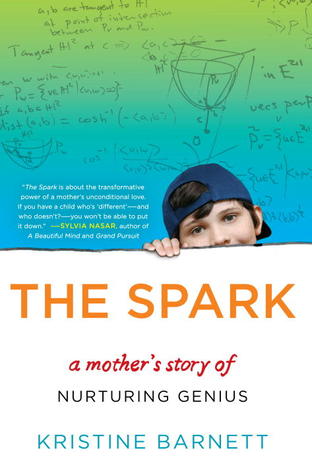Below is the list of books, podcasts, and a course that I had read/taken (some in part) in 2013 and have liked. I did not include the documentaries, as their links have been posted over the year.
A special mention goes to Walden on Wheels by Ken Ilgunas. It is a beautifully written, thought provoking, and contemplative work and I would have missed it were it not for a library recommendation. Thanks you, dear librarian!
Books:
Deng Xiaoping and the Transformation of China
(by Ezra Vogel)
The biography of the preeminent leader of China who rose to power after Mao Zedong and implemented the political, social, and economic policies that have since lifted hundreds of millions of Chinese out of poverty and brought China into modernity.

Walden on Wheels (by Ken Ilgunas)
Burdened by student debt, inspired by frugal philosophers, and attracted by the beauty of nature, a student crossed the continent to work in the Alaskan wild, living in a van back on campus, and lucky for the readers, documented his journey and discoveries about life in this humorous and honest account.
Moonwalking with Einstein
(by Joshua Foer)
The serendipitous journey of a journalist delving ever deeper into the art of memory, first as an observer then as a participant in the competition in the field, and in that process, learned some mnemonic tricks and its practical functions in cultivating general expertise, and discovered memory’s historical role for the self and for the society at large.
 The Spark
The Spark
(by Kristine Barnett)
The story of a loving mother’s courageous and creative efforts to connect with her son – a genius shrouded by the veil of autism, and in so doing, discovered the genius in her child, and gave the genius a childhood.

The Perfume
(Novel – by Patrick Suskind)
The story of an olfactory genius, who, in the pursuit to create and capture the perfect scent that would clothe him in glory and subordinate those around, committed multiple murders, only to find the drive behind this reckless and obsessive pursuit is not the love of smell or glamour at all…
 David and Goliath
David and Goliath
(by Malcolm Gladwell)
A collection of stories and analysis of how the seemingly disadvantaged triumph over giants, and that often, what are considered obstacles are in fact, advantages.
A Cultural History of Modern Science in China
(by Benjamin Elman)
Outlines the Jesuit impact on late imperial China, circa 1600–1800, and the Protestant era in early modern China from the 1840s to 1900 (description taken from Harvard University Press web site).
 Why Nations Fail
Why Nations Fail
(by Daron Acemoglu and James Robinson)
Acemoglu and Robinson argue that the key to the wealth of a nation is its set of political and economic institutions, that while extractive institutions (where an elite class of members enjoy exclusive privileges and extract wealth from another class of society) impoverishes a nation, countries with inclusive institutions (where citizens enjoy social mobility and not extractive) prosper.
Course from Coursera:
A History of the World Since 1300 (Princeton University)
Where do nations come from? Where did cities arise? Where did the habit of eating different food types for meals of the day come from?
This course teaches much of what makes up our world today and is an eye opener for me. It contains not just facts but analysis also. I highly recommend this course.
Podcasts:
In Our Time – History (from BBC)
Entrepreneur Thought Leaders (from Stanford University)
A History of the World in 100 Objects (from BBC)
Peter Mansbridge (from CBC)
A Brief History of Mathematics (from BBC)